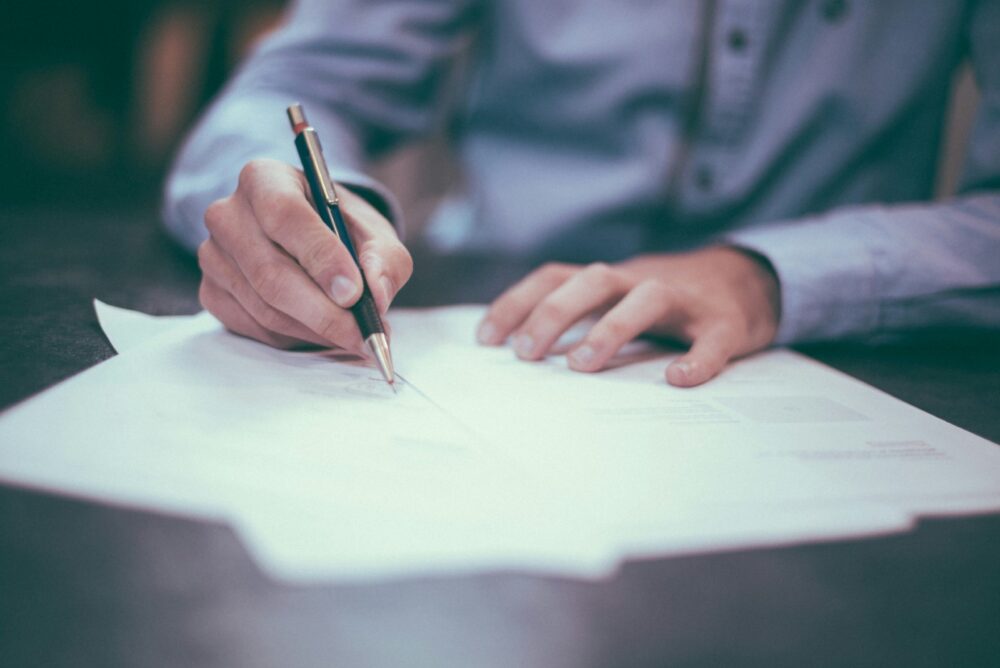
Car accidents are terrible and can be very stressful, and this makes it to be called a life-changing experience. This is the time that one has to be calm and follow some procedures that would assist to avert any further danger to the person, the passengers and the legal claims of the people involved. This article will outline seven things that you should do after an accident, no matter if it’s a simple one-car accident or a multi-car pile-up.
- Ensure Everyone’s Safety First
The first thing that has to be done is evaluating the state of all the people in the car after the accident. This is the time to worry but allow checking whether any injuries may have resulted. In case someone is injured, do not think twice before dialing the emergency number. You also need to shift your car to a safer place if it poses some form of danger or is in the middle of traffic. Switch on your hazard light to be aware of other motorists or vehicles on the road.
- Call the Authorities
In any accident, no matter how small, communicating with the police is mandatory. They will assist in writing the incident down in detail, something that will be useful in the event of an insurance claim as well as future legal battles. When the police officers get there, they will record the events and issue you an official police report on the accident. This document is one of the most important documents that can be presented when getting involved with insurance companies or during a lawsuit.
- Gather Data from All the Participants

Photo by Scott Graham on Unsplash
As you wait for the police, begin documenting information from all the people involved in the accident. This will also require the names, contact details, driver’s license numbers, and insurance details. Lastly, do not neglect to take details from any witnesses available. It will also be beneficial if, at some point in the future, there are issues with remembering exactly what occurred.
- Document the scene
Make sure you record the occurrence through photographs using your phone. Do not forget to photograph the state of all the vehicles, possible injuries and bruises, and external factors such as traffic signs and the state of the roadway. The photographs are useful in determining what happened, and they will come in handy while presenting your case to your insurance provider or in court in case the accident turns legal.
- Avoid Admitting Fault
This is particularly the case when you wish to say sorry or to provide some reasons that caused the occurrence of the event. It is very important not to say sorry or anything that can be perceived as sorry, such as ‘I didn’t see you’ or ‘I am sorry.’ Never argue with other drivers, police officers, and insurance companies; just state the facts only. Allow blame to be allocated by the investigation process, and do not guess what led to the occurrence.
- Inform Your Insurance Company
When the storm has passed one must notify their insurance company immediately. They will brief you on everything that you want to know about the claims and help you to be under for damages depending on the policy you hold. Please make sure that you also provide all the documents you have collected, including the police report, photos, and the statements by the witnesses.
- Seek Legal Advice
One should seek the services of an attorney in order to ensure that he/she gets proper legal representation, especially when the case has complications with the medical condition or when the issue of causation arises. Nowadays one can easily find a reliable car accident attorney online. For instance, if you reside in Florida, searching for a car accident attorney in Lakeland FL can provide you with potential leads. They can also assist in making sure that one is not under-compensated for medical costs, wage loss, and property damage.
Conclusion
Nobody wants to imagine themselves in a car accident but knowing what to do is very helpful. Whether it is actual safety, gathering information, or deciding when it is time to contact a car accident attorney, every stage is critical in safeguarding both your safety and your legal rights. Be ready for the worst so as not to be overwhelmed, and act correctly when the worst occurs.

